
NY authorities clamp down on liquor store openings citywide as booze demand plummets
New York Cracks Down on Liquor Store Openings Amid Industry Decline and Rising Competition
New York State authorities are tightening restrictions on new wine and liquor store openings as the industry faces mounting pressure from declining alcohol consumption, rising tariffs, and growing competition from cannabis. The State Liquor Authority (SLA), which oversees licensing, has reportedly rejected up to 70% of new retail applications this year, citing concerns that additional stores could destabilize existing businesses (New York Post, 2025).
A Shrinking Market and Fierce Local Battles
In Brooklyn’s Bedford-Stuyvesant neighborhood, Rand Liquor Store successfully challenged a competitor’s attempt to reopen a 138-square-foot shop on Nostrand Avenue. The SLA sided with Rand during an August 6 hearing, with Commissioner Lily Fan stating, “The landscape has changed significantly since the prior store closed. I’m not sure that this area can justify another store.”
This decision reflects a broader trend: liquor retailers are increasingly turning to legal challenges to block new entrants. According to attorney Max Bookman, the fear is that oversaturation could lead to price wars and lax enforcement of age restrictions. “When liquor stores are forced to compete like other businesses, they may offer alcohol at extreme discounts and turn a blind eye to underage customers,” Bookman told The Post.
Tariffs and Changing Tastes Hit Sales Hard
Alcohol sales in New York have dropped by as much as 25% this year, following a similar decline in 2024. The Trump administration’s imposition of 15% tariffs on European wines has further strained the market, forcing retailers to raise prices on imported bottles. “We have six different things working against us, and tariffs are making it that much harder,” said Daniel Posner, owner of Grapes The Wine Company in White Plains, NY.
Nationwide, wine consumption is at its lowest level since 1961, according to the International Organization of Vine and Wine. A report from Wine & Spirits Wholesalers found that U.S. wine sales fell 8.7% in the first half of 2025, while spirits dropped 6% and beer declined 0.8% (Wine & Spirits Wholesalers, August 2025; NIQ, 2025).
Closures and License Surrenders on the Rise
Retailers are increasingly choosing to exit the business. A Freedom of Information Act request revealed that at least 106 liquor licenses were voluntarily surrendered to the SLA this year, leaving just 3,330 active retail licenses statewide as of August 25.
“More liquor stores are closing or are for sale,” said attorney Robert Swetnick, who represented Rand Liquor Store. “It’s not a lucrative business like it used to be.”
Winfield-Flynn Wine & Spirits, a Manhattan staple for 74 years, quietly shut its doors after being sued for $100,000 in unpaid bills. Wine Geeks in Armonk, NY, closed in March after 15 years, with owners Derek and Carol Todd citing post-COVID industry decline in a farewell video.
Retailers Pivot to Budget Bottles
To stay afloat, many shops are shifting their inventory toward lower-cost wines. Sip NYC on the Upper East Side recently ran a 25% discount on Burgundy wines, moving $20,000 worth of stock. “We basically didn’t make a profit,” said owner Justin Loeb, who is now investing in more affordable, name-brand products like Josh Cellars.
Loeb also slashed prices on premium Italian wines, offering a 2018 Uccelliera Brunello Di Montalcino for $56.24 (down from $75) and a 2018 Tua Rita Keir Toscana Syrah for $104 (down from $140). “We saw the same situation during the recession of 2008 and 2009, but people were drinking more then,” Loeb noted.
Posner echoed the sentiment: “Hundred-dollar-plus bottles are dead, and no one is buying $50 cabs,” referring to cabernet sauvignon.
Regulatory Hurdles and Public Convenience Clause
Unlike bars and restaurants, wine and liquor stores in New York must demonstrate that their opening serves the “public convenience and advantage.” This clause has been used to block several recent applications, including Kosher Corks in Fresh Meadows, Queens, and 5th Ave. Wines & Liquors in Bay Ridge, Brooklyn.
Commissioner Fan cited declining sales at nearby competitors as justification for rejection. Red’s Wine & Spirits, for example, reported $34,000 less in revenue in 2024 compared to the previous year.
Conclusion: A Shifting Landscape for Alcohol Retail
With consumer preferences evolving and regulatory scrutiny intensifying, New York’s wine and liquor retailers are navigating one of the toughest environments in decades. Between economic pressures, changing health attitudes, and competition from cannabis, the industry is being forced to adapt—or shut down.
As Commissioner Fan put it, “The business model for liquor retail is no longer what it used to be. We must consider sustainability, not just expansion.”
News in the same category


Jaguars’ Trevor Lawrence turned near-disaster into wild game-winning touchdown run to stun Chiefs

Tracy Morgan Celebrates His Son’s College Graduation From the University of New Haven

Jane Goodall called out Trump and Musk in secretly recorded interview released by Netflix

Living Nostradamus issues chilling warning about shift in 'global order' following 'unprecedented' military meeting in US

‘Treated Her Like Leftovers’: La La’s Snub from Carmelo Anthony’s Speech Called the Ultimate Betrayal as Fans Urge Her to Drop This Last Piece of Him

Serena & Venus Williams to Launch New Video Podcast on Social Media
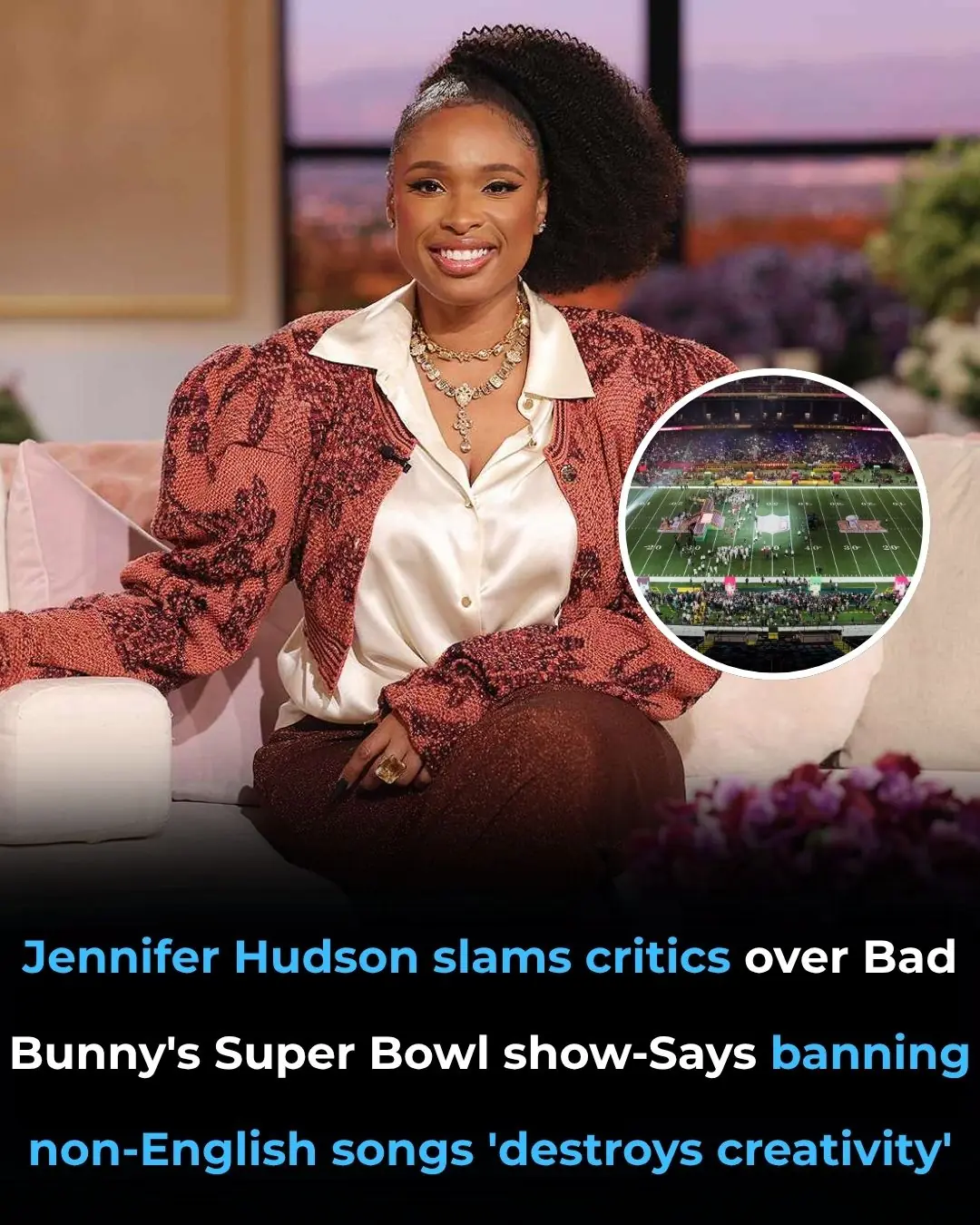
Jennifer Hudson Champions Musical Inclusivity Amid Super Bowl Language Debate

Jennifer Hudson Cheers on Bad Bunny’s Super Bowl Swagger — and Starts Learning Spanish Herself

Charli XCX shares cryptic video after Taylor Swift’s ‘Actually Romantic’ diss

Desperate rescue effort underway to save hundreds of hikers stuck on Mount Everest after snowstorm
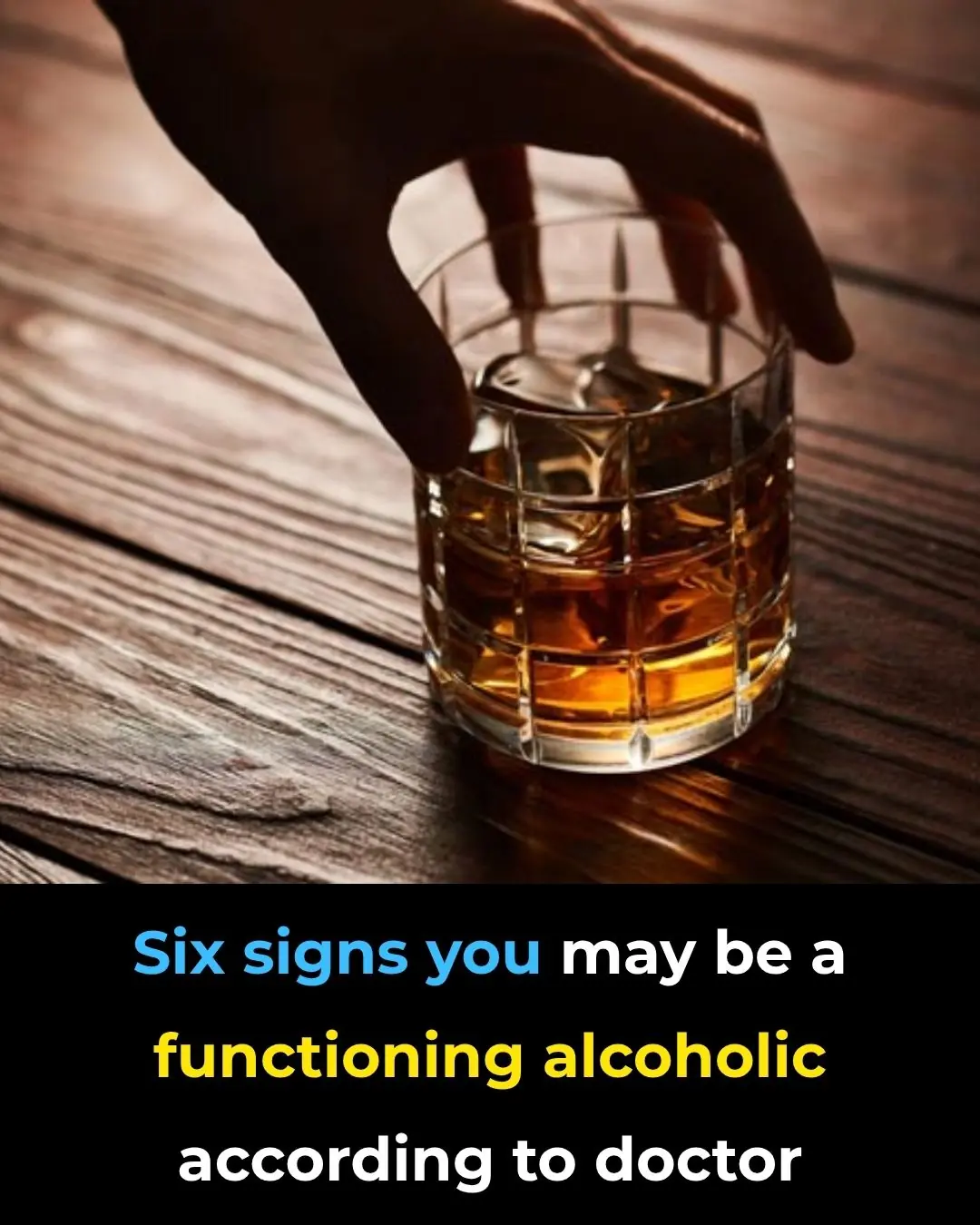
Six signs you may be a functioning alcoholic according to doctor

Kelly Osbourne details the ‘most heartbreaking’ element of dad Ozzy’s ill health as family speak out in new documentary
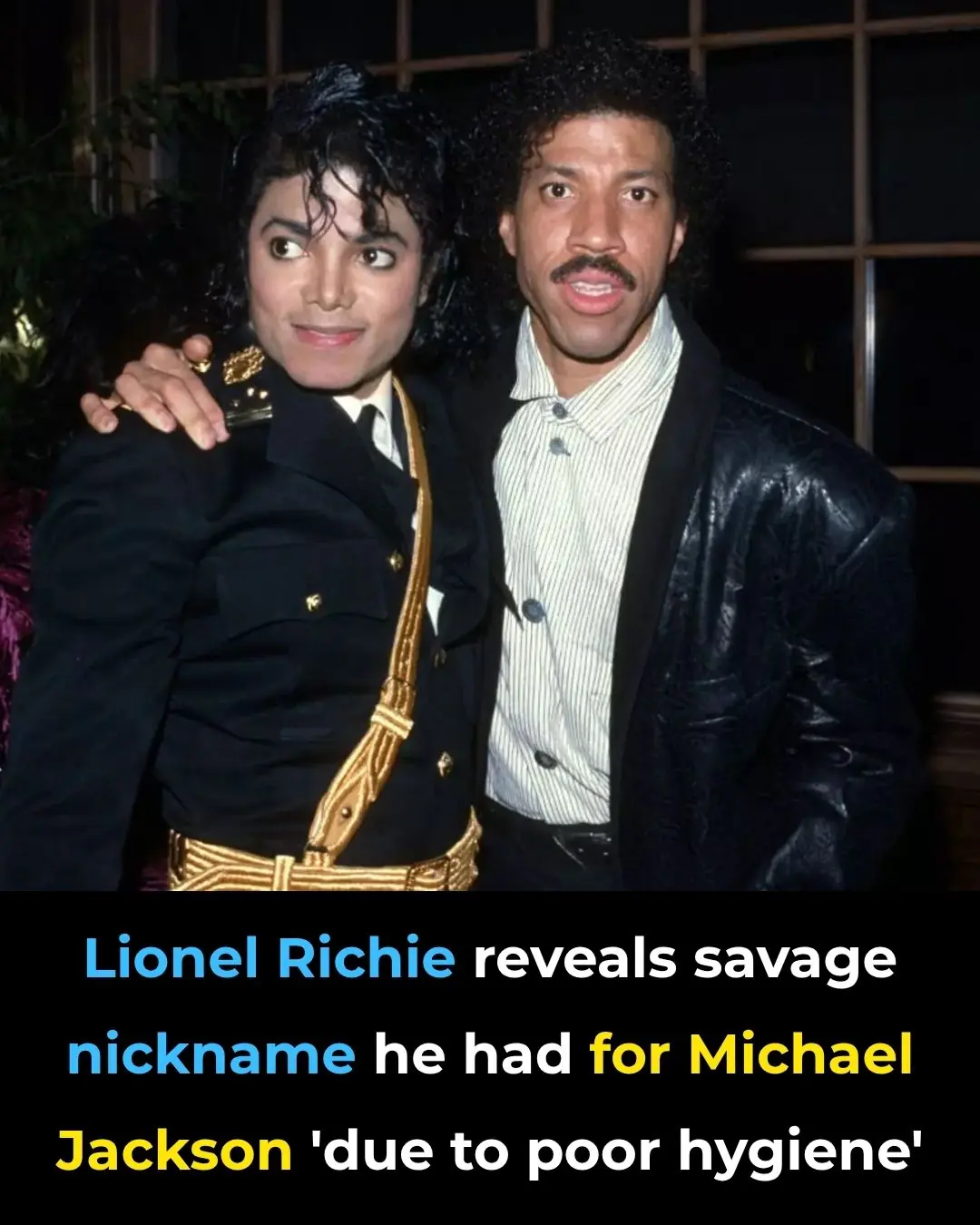
Lionel Richie reveals savage nickname he had for Michael Jackson 'due to poor hygiene'

NASA boss reveals plans for an entire VILLAGE on the moon by 2035

Man is accidentally paid 330 times his monthly salary and quits - then wins legal battle with bosses who tried to get it back

Glen Powell Reveals He Auditioned for Glee Role — but It Went to One of His 'Best Buddies' Instead
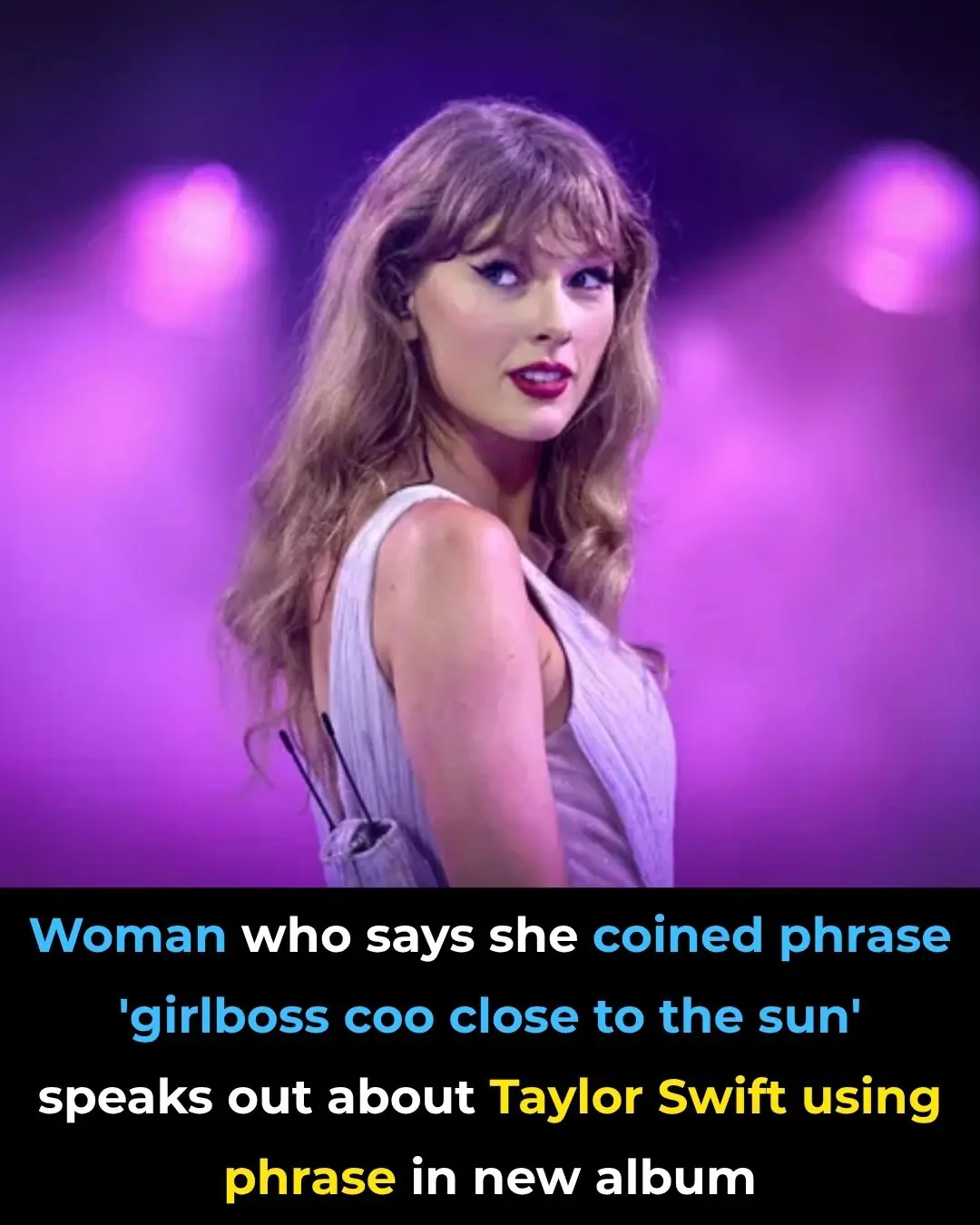
Woman Who Says She Coined Phrase 'Girlboss Too Close to the Sun' Speaks Out About Taylor Swift Using Phrase in New Album

The Chase’s Paul Sinha on the rudest celebrity he’s ever met
News Post

Find Eliminate Mosquito Bites in Just 2 Minutes with Zero Effort
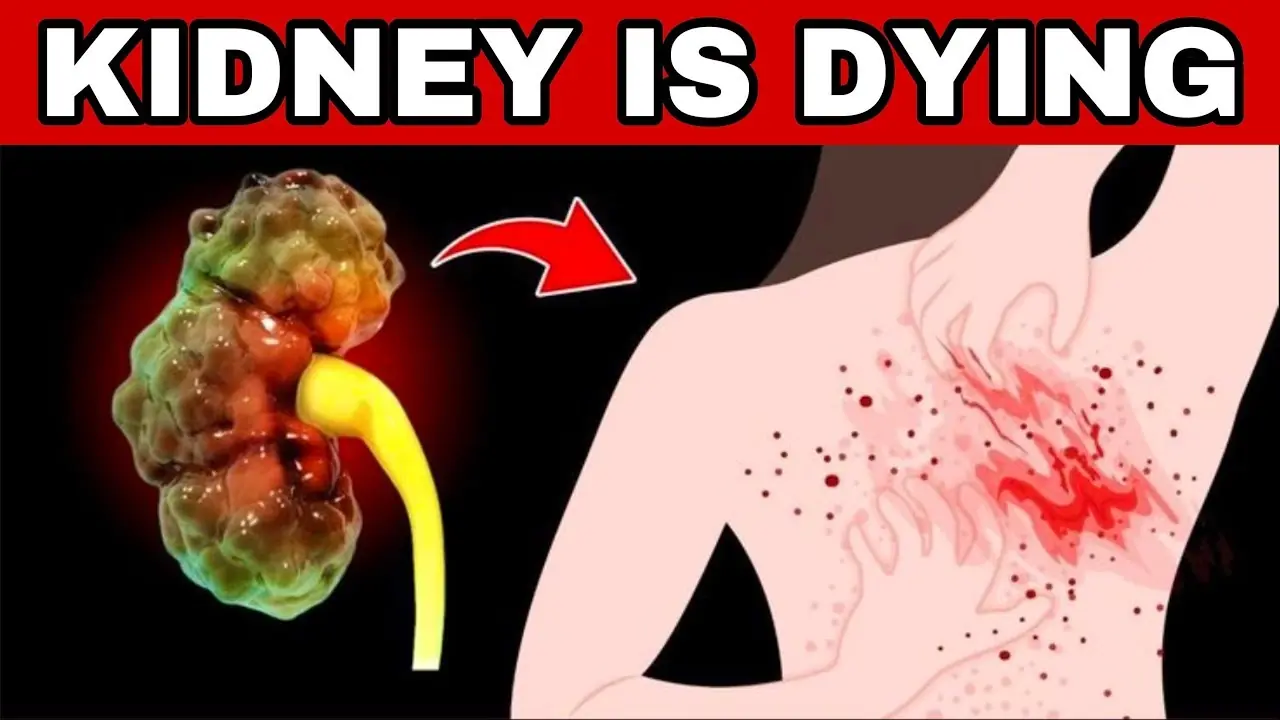
IF YOUR BODY SHOWS THESE EARLY WARNING SIGNS YOU NEED TO GET YOUR KIDNEYS CHECKED FAST

Jaguars’ Trevor Lawrence turned near-disaster into wild game-winning touchdown run to stun Chiefs

Doctors reveal that eating boiled eggs causes in...See more

10 Powerful Foods That Fight Cancer and Boost Your Body’s Natural Defenses
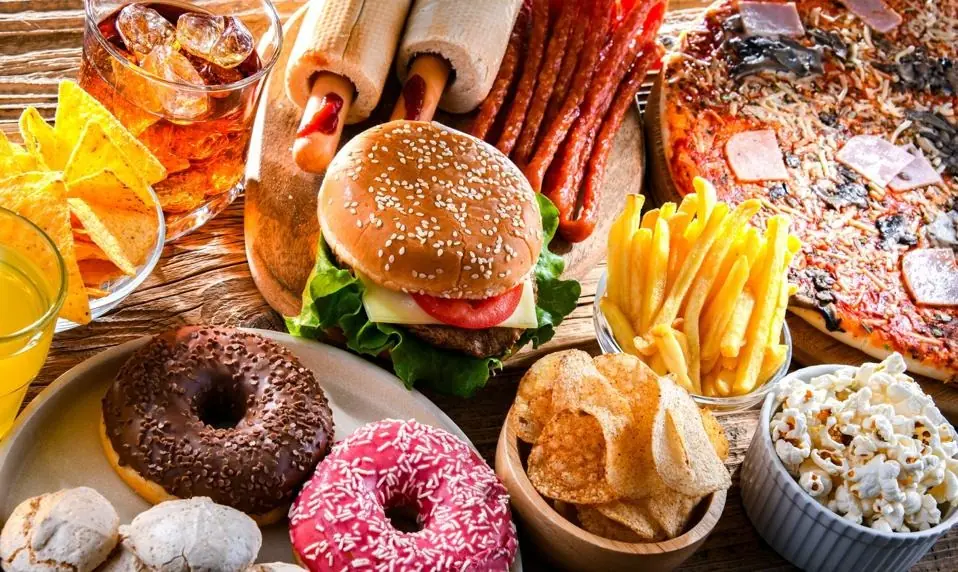
Researchers Reveal 5 Popular Foods Linked to Cancer That You Probably Eat Often

The Power of Castor Leaves: Nature’s Hidden Gift

Tracy Morgan Celebrates His Son’s College Graduation From the University of New Haven

Jane Goodall called out Trump and Musk in secretly recorded interview released by Netflix

Living Nostradamus issues chilling warning about shift in 'global order' following 'unprecedented' military meeting in US

‘Treated Her Like Leftovers’: La La’s Snub from Carmelo Anthony’s Speech Called the Ultimate Betrayal as Fans Urge Her to Drop This Last Piece of Him

Serena & Venus Williams to Launch New Video Podcast on Social Media

Jennifer Hudson Champions Musical Inclusivity Amid Super Bowl Language Debate

Jennifer Hudson Cheers on Bad Bunny’s Super Bowl Swagger — and Starts Learning Spanish Herself

Charli XCX shares cryptic video after Taylor Swift’s ‘Actually Romantic’ diss

Desperate rescue effort underway to save hundreds of hikers stuck on Mount Everest after snowstorm

Six signs you may be a functioning alcoholic according to doctor
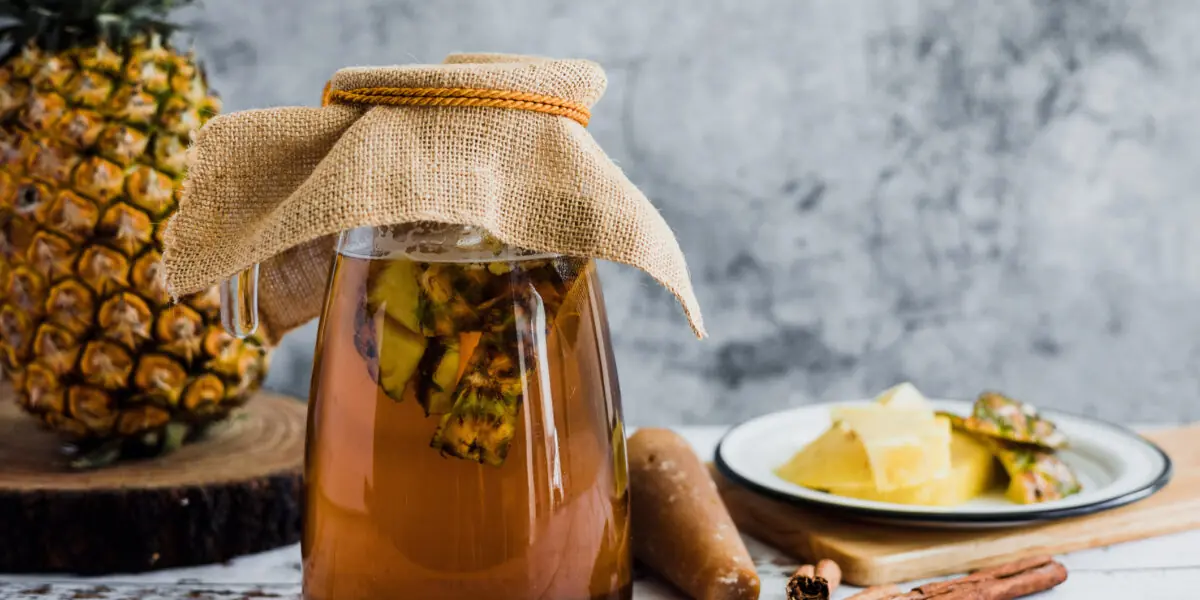
Pineapple Water: A Refreshing Drink That Supports Your Health
